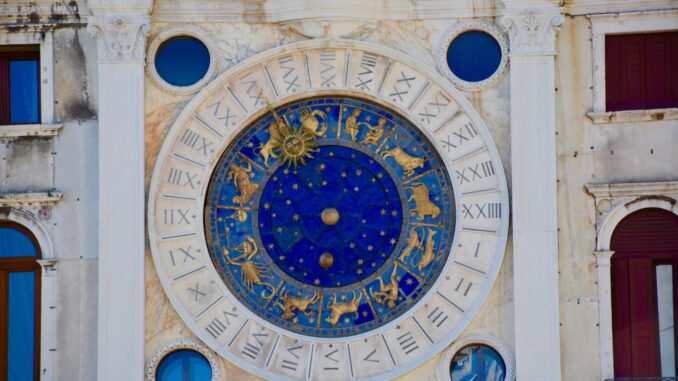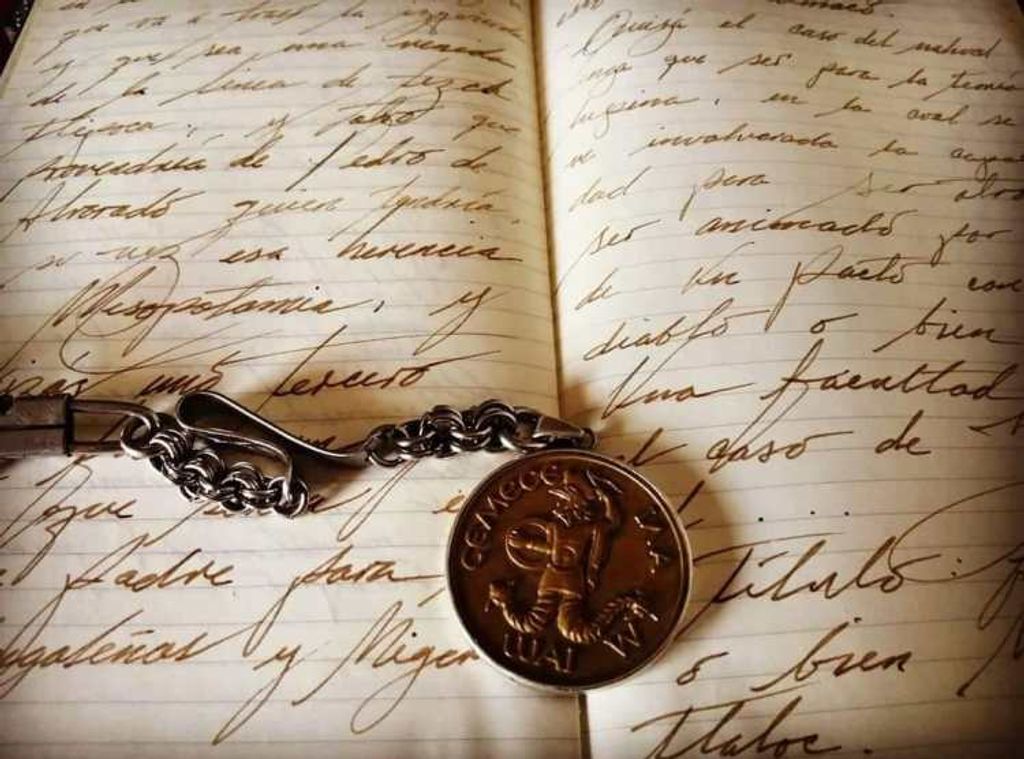
Astrology and astronomy are not synonyms, though they have common roots. Astrology originated in the ancient Middle East, in Babylon. Ancient wise men would predict events related to the stars’ and planets’ movements and then interpreted them. The Greeks adapted astrology to their culture in the 4th century B.C.
As such ancient civilizations observed the night sky, planets and stars, they noticed that the celestial bodies would change positions in repeated sequences. While astronomy sought to understand why such bodies did that, astrology posits that the stars and planets’ movements could affect earthly events.
Astrology presents itself is a prediction system — divination — based on the stars and planets’ positions. Its name comes from the Greek words ‘astra’ (star) and ‘logos’ (logic, reason). It seeks to explain human temperament by the influences that celestial bodies have on them.
“We could say that it was one of the oldest sciences, used by kings and emperors for centuries,” said Abraham de Córdoba, Director of the Community of Arts and Hermetic Studios of Veracruz, Mexico. “It has spread throughout the whole world and continues to be present nowadays.”
“The zodiac and the horoscopes are part of astrology, and we see them in the newspapers, magazines and television programs, which can be taken as something fortuitous or as something dreadful,” he added.

Astrologists believe that the celestial bodies influence how a person will be, depending on their birthday. The planets and stars, they hold, modify a person’s character, how they relate with their others and even their destiny. However, it also defends humankind’s free will, as people can decide to move against the planets’ influence and channel their life differently than expected.
Its practitioners believe that planets exert an energy stimulus unto the world. The quickest way to know which celestial bodies are exerting their energy is to consult the zodiac charts, representing the 12 constellations and categorizing them into dates subject to specific horoscopes.
“The distinction between horoscopes and astrology has to be made,” said de Córdoba. “Although they walk hand-in-hand, each goes through its own lane and, if someone wants to combine them, they must first understand and apply them.”
“The horoscope takes into account the position of the sun, while astrology takes into account all celestial bodies of the solar system,” he adds. “The first dictates a person’s zodiac sign, the second, which aspects will govern them according to the position of the planets.”
People believed widely in astrology several centuries ago to find about political, social, and economic contexts. Even today, many people trust it to let them know how their life and destiny will be.
But today’s science authorities dismiss astrology’s premise out of hand. As Scientific American put it: “Astrology is founded on understanding the positions of the stars, which seems like a scientific enough pursuit in itself. But is there any science to back up whether astrology impacts our personality and our lives? Here’s the short answer: No. None whatsoever.”
Still, astrology appeals to people who want to explain the unexplained through esoteric means, through faith and inner belief. Those who seek it out want answers to that which occurs around them, without focusing only on the empirical.
(Translated and edited by Mario Vázquez. Edited by Matthew B. Hall)
The post Astrology: An Ancient Practice That Followers Say Predicts The Future appeared first on Zenger News.
